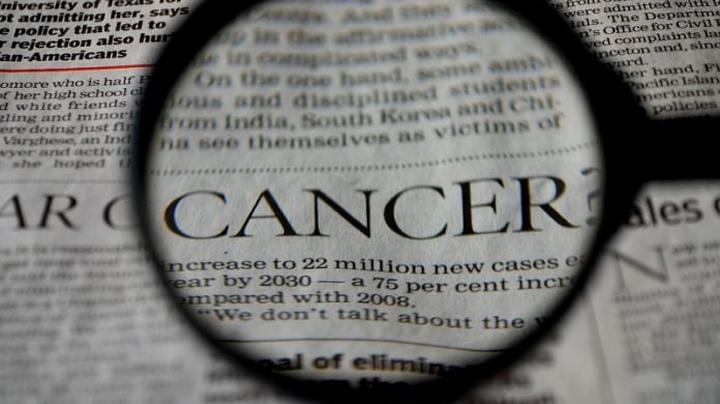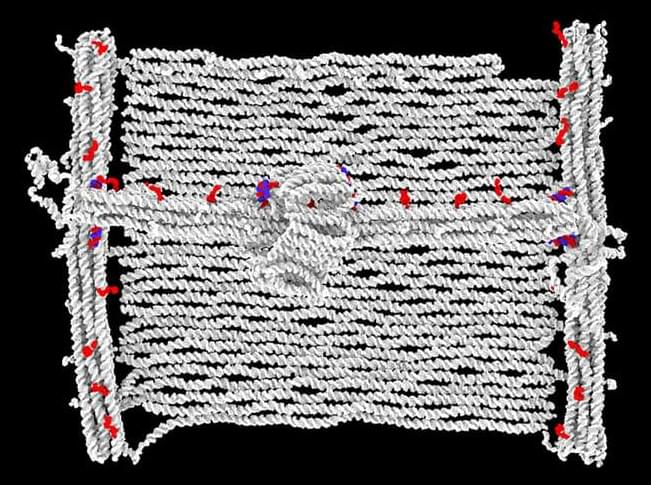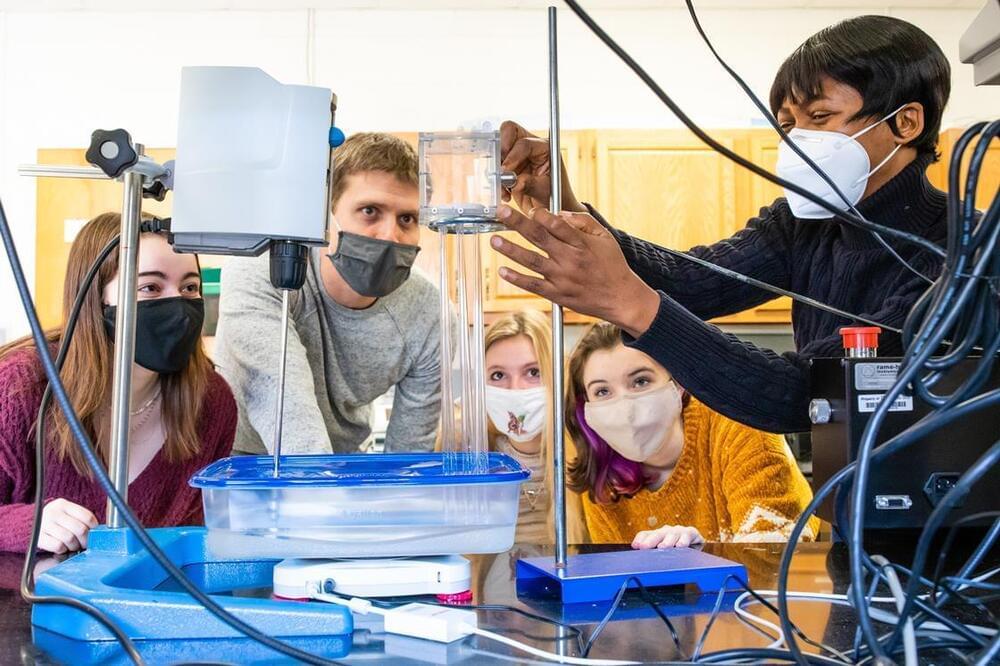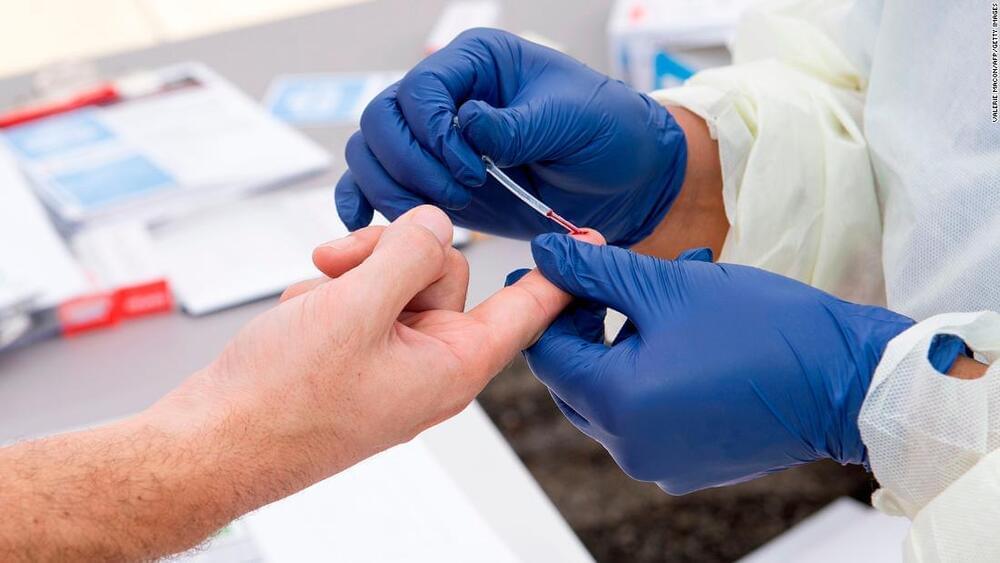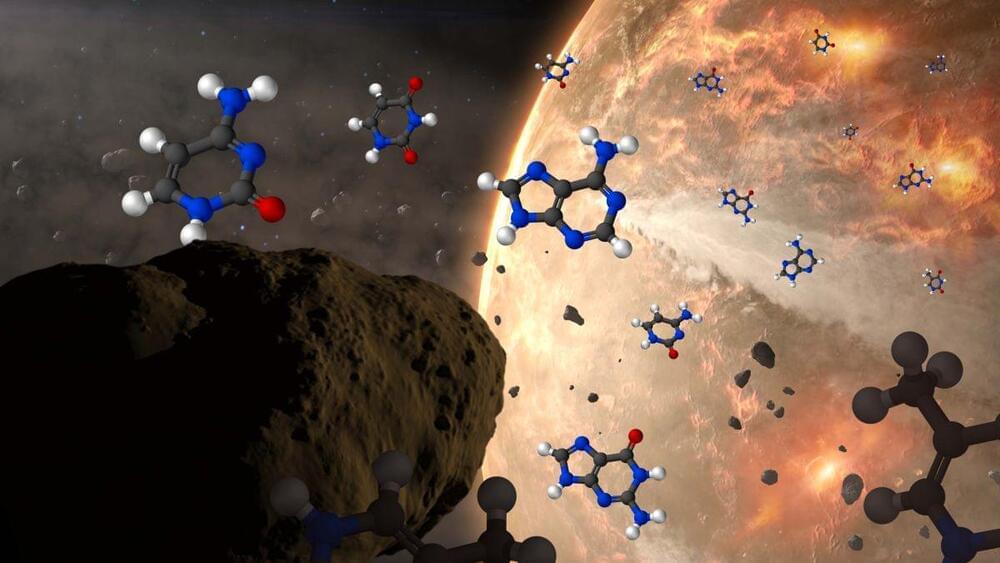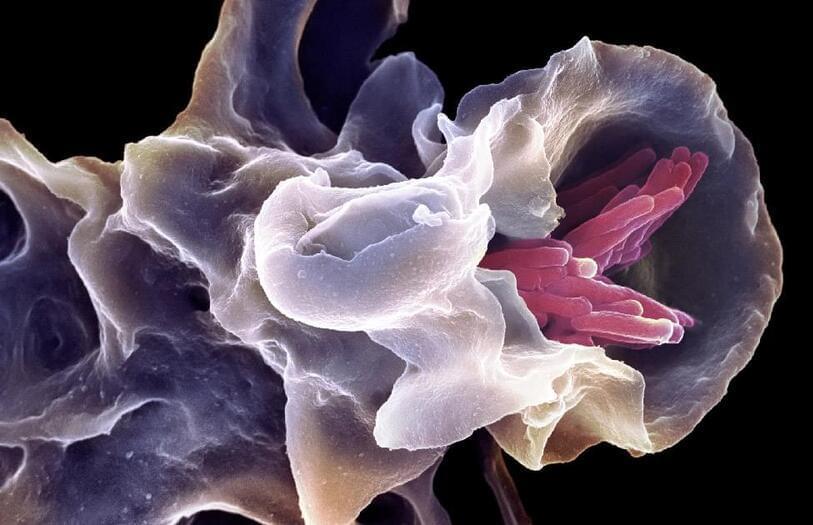A research team from Osaka University in Japan has concluded that a clinical trial of transplanted IPS cell-derived corneal tissue was safe and effective – further evidence that cellular reprogramming with Yamanaka factors is moving towards scalable therapies.
Longevity. Technology: The clinical trial spanned several years and used corneal tissues derived from induced pluripotent stem cells. The tissue was transplanted into four almost-blind patients, and, according to the research team, none of the patients experienced rejection or tumorigenicity of the transplanted cells and all saw improvements in their symptoms, with three experiencing improved eyesight, with one improving from 0.15 to 0.7. Importantly, all were free of side effects one year later.
IPS cells can be generated from any adult cell, with Yamanaka factors – a group of protein transcription factors from four master genes. These induced stem cells demonstrate the significant quality of pluripotency – they can differentiate into all other cell types of the body. This is incredibly useful both for research and for therapy.

